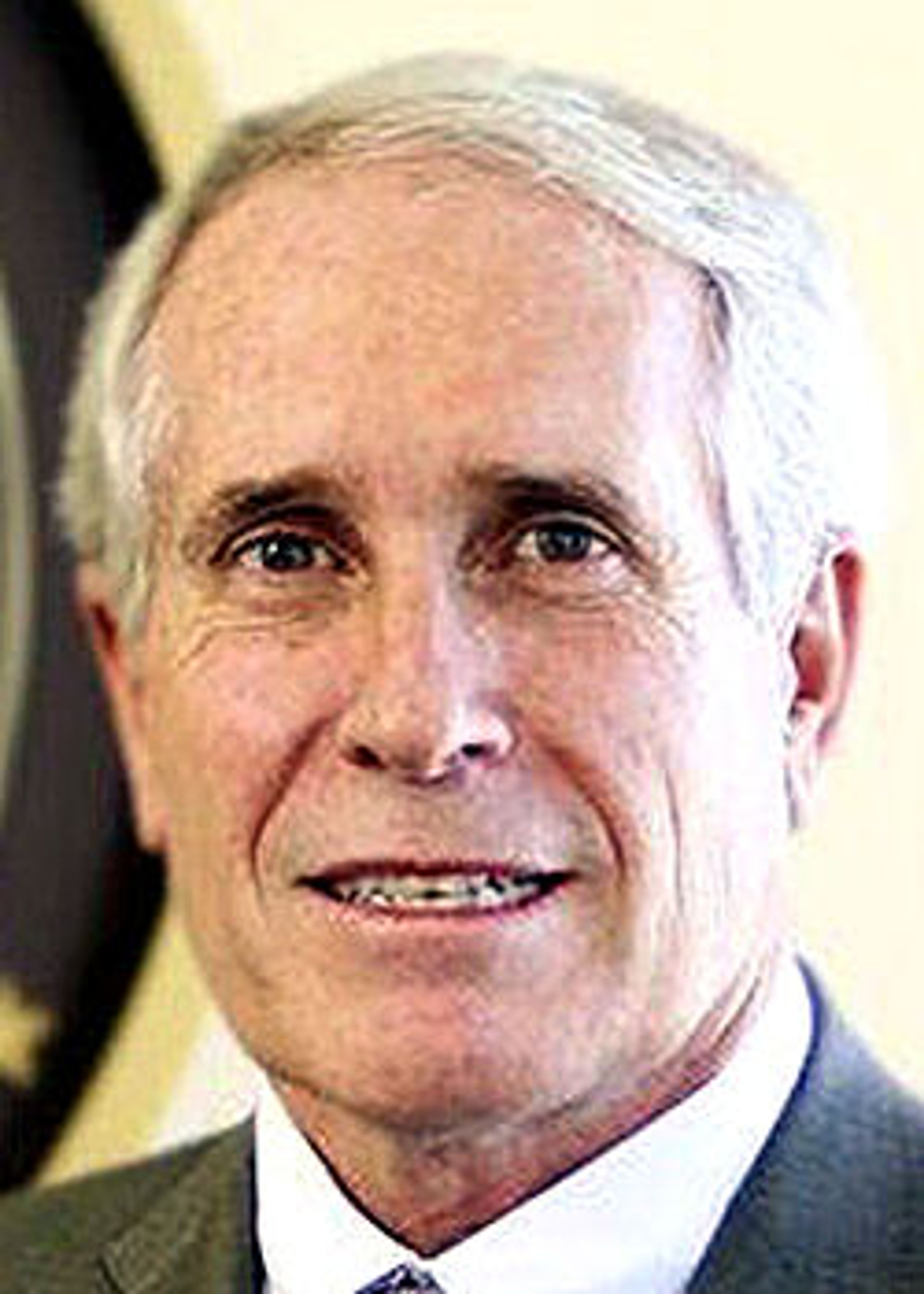Transgender health care ban block continues
Federal judge agrees to enforce hold on Idaho’s law against gender-affirming care for minors
BOISE — A federal judge will continue to enforce a block on Idaho’s law that bans transgender health care for minors.
U.S. District Judge Lynn Winmill put a temporary injunction on the ban Dec. 26, meaning it hasn’t yet gone into full effect while it’s being challenged in court, the Idaho Capital Sun reported. Idaho Attorney General Raúl Labrador has appealed the decision to the Ninth Circuit Court of Appeals.
Labrador filed a motion earlier this month asking the court to lift the block on the law while he appeals the decision. In a response filed Tuesday, Winmill denied the motion, writing in his decision that he thinks the law banning gender-affirming care for minors is unconstitutional.
“The State is not harmed when the court enjoins an unconstitutional law,” he wrote.
The lawsuit was first brought by lawyers from the American Civil Liberties Union, Wrest Collective and other groups on behalf of Idaho parents with transgender children who receive gender-affirming care. It challenges HB 71, which passed last year and was set to go into effect Jan. 1.
The law would make it a felony punishable by up to 10 years in prison for health care providers to give what’s commonly known as gender-affirming care on minors, which includes providing puberty blockers, hormones, or performing certain types of surgery.
In his decision, Winmill wrote that the attorney general didn’t provide new evidence to persuade him that the state would likely prevail in its appeal.
Labrador had argued in his motion that the judge had failed to consider the “conflicting evidence regarding the risks and benefits associated with gender-affirming care.” He said that the experts brought in by the plaintiffs currently provide gender-affirming care and thus had a “direct financial stake in ensuring the continued availability of ‘gender-affirming care.’”
Winmill cited his earlier decision in which he acknowledged the conflicting evidence but found that “the risks associated with the treatments used in gender-affirming medical care are similar to risks associated with other types of health care families may seek for minors.”
The judge also noted that the doctors who were brought in as experts don’t provide care in Idaho and would thus not be affected by HB 71, so they don’t likely have a financial stake in the case.
He also rejected Labrador’s argument that he is immune to being sued over the law because the Legislature didn’t outright give him authority to enforce HB 71. Winmill wrote that argument “ignores the enforcement powers that were already in place.”
Labrador’s office said it, with assistance from Alliance Defending Freedom and Cooper & Kirk, filed an emergency motion asking the Ninth Circuit Court of Appeals to allow Idaho’s law to go into effect.
“I’ve witnessed the devastating consequences of drugs and procedures used on children with gender dysphoria,” Labrador said in an emailed statement. “And it’s a preventable tragedy.”
ACLU of Idaho Legal Director Paul Southwick applauded Winmill’s decision.
“The ruling makes our state more equitable and protects the right of parents to make healthcare decisions that benefit their children,” Southwick said in an emailed statement. “We are optimistic that the plaintiffs will continue to prevail in this case, and we celebrate every small victory as we move toward a final ruling.”
Guido covers Idaho politics for the Lewiston Tribune, Moscow-Pullman Daily News and Idaho Press of Nampa. She may be contacted at lguido@idahopress.com and can be found on X @EyeOnBoiseGuido.



